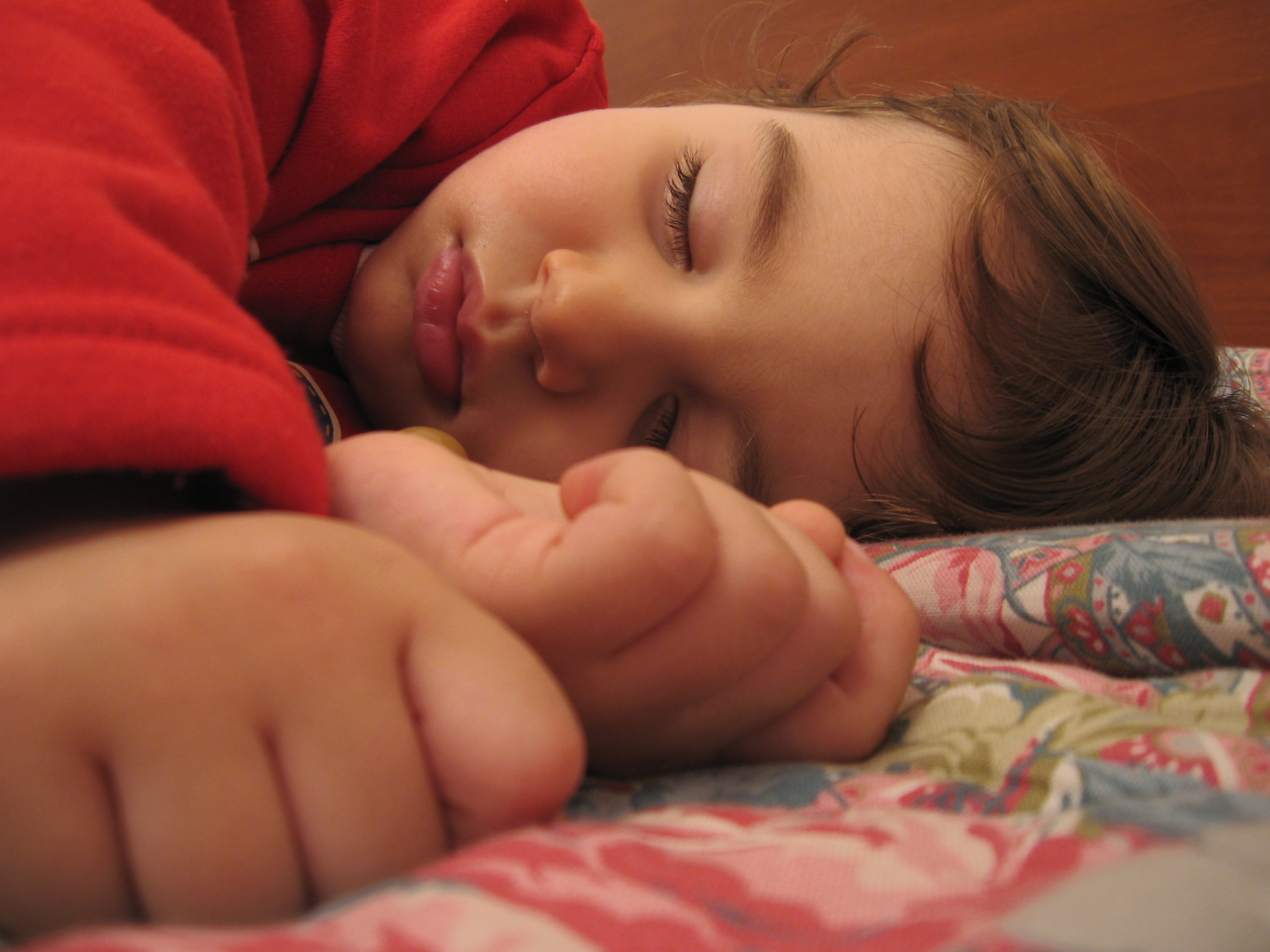This is a difficult area to research, because you can't conduct a randomised trial like you normally would to test a hypothesis. But a new study gets to the bottom of this tricky question. The verdict? Having children seems to lower your chance of having a long life!.
What scientists would like to do is take a group of people, and randomly assign  some of them to have children, and others not to, but this isn't possible, or ethical.
some of them to have children, and others not to, but this isn't possible, or ethical.
Prof Agerbo and colleagues from Aarhus University Denmark attempted to get around this problem by using a natural experiment. They followed couples undergoing IVF treatment, and examined the differences between those for whom the treatment was successful, and those for whom it wasn't.
Why is this an improvement on previous studies? Previously, couples who are childless out of choice and those who are unable to have children have been put in the same category- this study avoided this, as all childless couples had been through the IVF process, so were not childless by choice.
They also looked at those parents who adopted children, and compared them to childless couples, and those who had a biological child.
Criticisms of previous studies have suggested that the differences found may be due to the fact that not being able to have children is an indicator of poor health.
In this study, none of the participants, even those who ended up with children, had been able to conceive naturally, reducing the risk of this being an important factor in the findings.
So what did they find? They followed the parents for between 3 and 14 years after starting IVF, and found that childless women had a rate of death 4 times higher than those with a child, whether it was biological or adopted. Men with children also benefited, being half as likely to die as their childless counterparts.
The team also looked at instances of Psychiatric illness, and found that the rate amongst those with biological children did not differ to that of the childless couples (apart from in the case of substance abuse, which was lower).
This goes against previous, less well controlled studies, which found higher rates amongst childless couples, but this can be explained if having an illness makes people less likely to have children.
Interestingly, parents who adopted children had a lower rate of psychiatric illness that either of the other groups. This may be because the rigorous selection criteria rules out any prospective adoptive parents who have an underlying, undiagnosed, psychiatric illness.
This study does have its limitations- the authors admit that income, education and age may have confounding roles, however it provides an intriguing glimpse into the benefits of child-rearing.. you may think they are driving you into an early grave, but your kids might actually be helping you to live a long and healthy life!









Comments
Add a comment